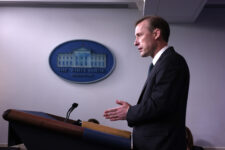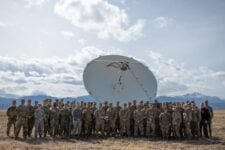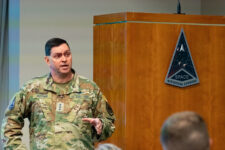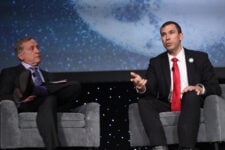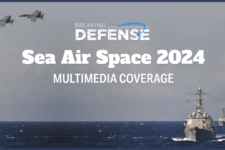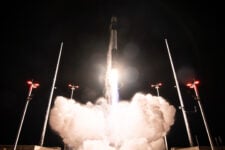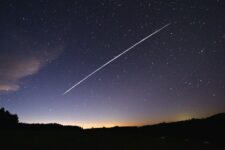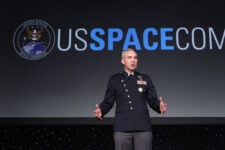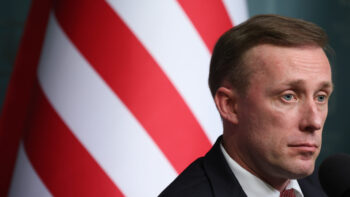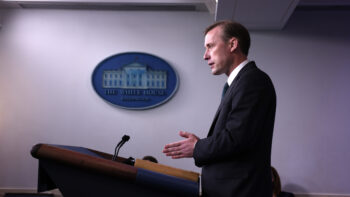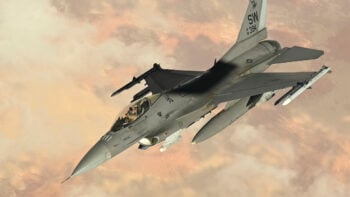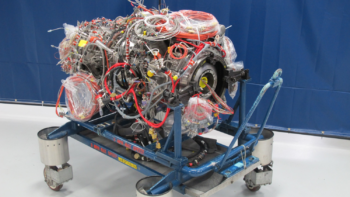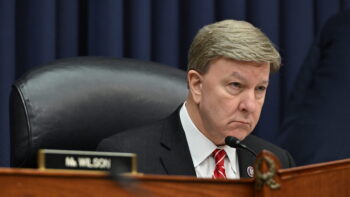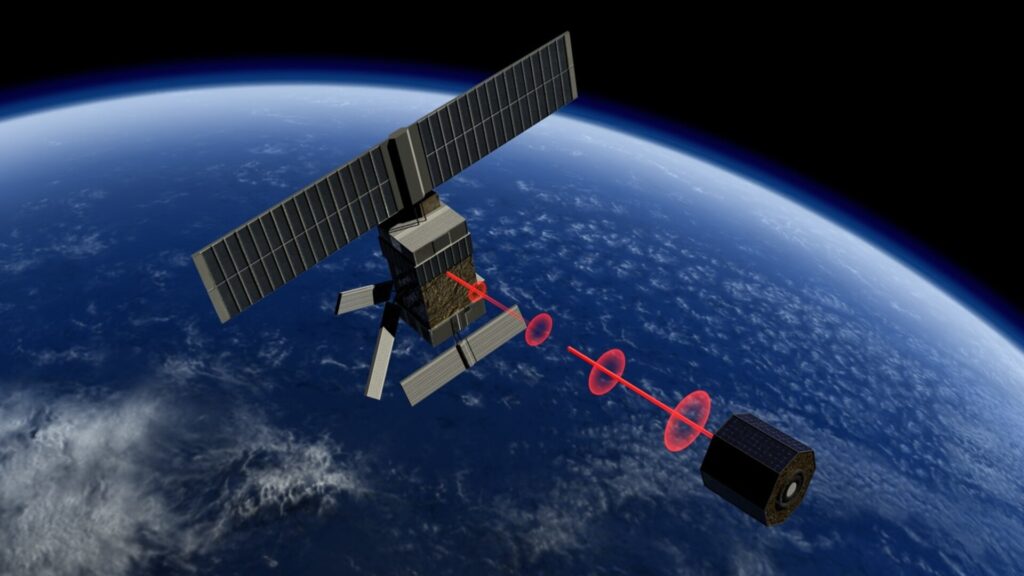
Active debris removal is among the novel missions for which the National Space Council intends to set rules. (European Space Agency)
AMOS 2022 — The National Space Council is planning to hold “learning sessions” with commercial industry to gather information on both new types of space missions and views about what space safety and sustainability rules might be required for those operations, according to Director of Commercial Space Policy Diane Howard.
The input, she told the Advanced Maui Optical and Space Surveillance (AMOS) conference on Thursday, will feed into the council’s work to develop a new framework of US government rules and regulations for space activities that either are novel or currently fall between the cracks — an interagency effort announced in August by Vice President Kamala Harris, who chairs the council. The effort is taking a “whole of government” approach, Howard stressed — involving multiple federal agencies including the Defense Department.
“Vice President Harris tasked the council to come up with a plan for this framework, and to include safety and sustainability norms and protocols,” Howard said. “She gave us 180 days, so that’s March 7.”
The plan, she elaborated, is to hold “at least two” meetings with industry representatives “a little over a month from now,” with the first to be announced in the Federal Register soon.
“The first session is an invitation to the private sector to tell us about their new missions, so we can better understand them and be more effective in crafting a flexible framework that can grow with them,” she said.
Among the space technologies and mission areas under scrutiny are things like “trash trucks” in space to remove dangerous space junk, on-orbit assembly and manufacturing, and cislunar operations in the far reaches of space between Earth’s orbit and that of the Moon.
A second meeting with industry, Howard said, will focus on government “supervision” of US space activities, something that is required under Article 6 of the 1967 Outer Space Treaty to which the US and most UN member states are signatories.
“I’d like you to start thinking about supervision, what it could look like, what are some ways to provide meaningful supervision of the operational phase of missions — supervision that doesn’t burden business models and doesn’t hinder innovation?” she said.
Howard noted that in her opinion, improved space situational awareness and “traffic coordination” could be tools for helping to “accomplish this feat.”
